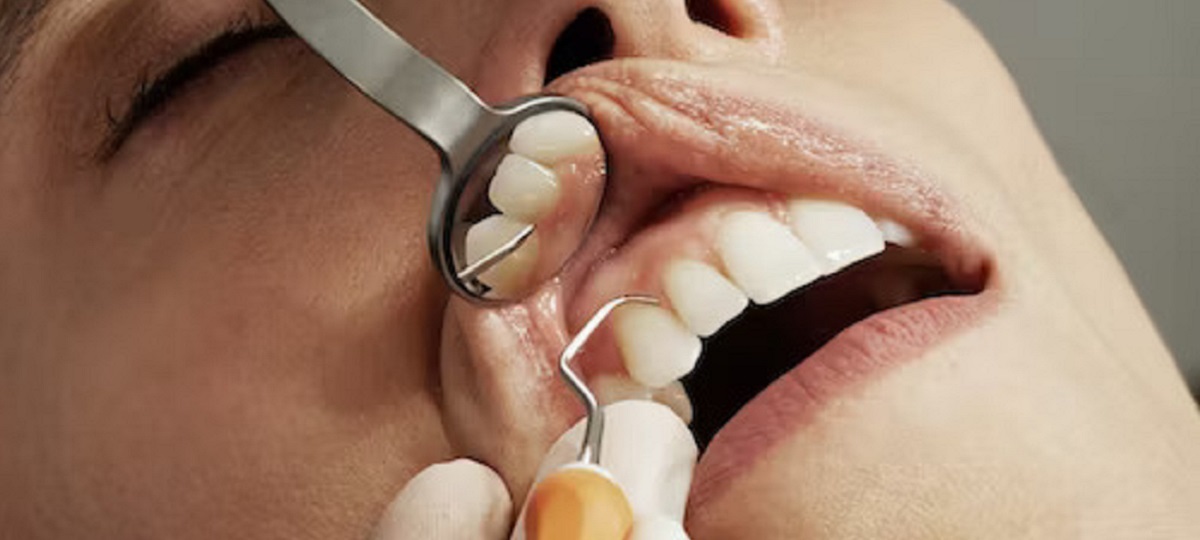Having a toothache can be one of the most uncomfortable experiences, and if you’ve ever had one, you know how it can disrupt your daily life. A common cause of toothache is when the nerves in your teeth are exposed, leading to sensitivity and pain.
Understanding Exposed Nerves in Teeth
When we talk about exposed nerves in teeth, we refer to a condition where the sensitive inner part of a tooth, called the pulp, becomes exposed due to damage or decay to the tooth’s protective layers. The pulp contains nerves, blood vessels, and connective tissue, and when it becomes exposed, it can lead to severe pain and discomfort.
Causes of Nerves in Teeth Exposure
Several factors can lead to the exposure of nerves in teeth. Some common causes include:
- Dental Decay: Dental decay, often caused by poor oral hygiene and the accumulation of plaque and bacteria, can gradually erode the enamel and dentin of a tooth, eventually exposing the nerves in the pulp.
- Tooth Fractures: Accidents or injuries to the teeth can result in fractures or cracks that extend into the pulp, causing nerve exposure and pain.
- Gum Disease: Advanced gum disease, or periodontitis, can lead to the recession of the gums, exposing the tooth roots and making the nerves vulnerable to external stimuli.
- Teeth Grinding (Bruxism): Persistent teeth grinding, a condition known as bruxism, can wear down the enamel, leaving the nerves susceptible to irritation and sensitivity.
Symptoms of Exposed Nerves in Teeth
Identifying the symptoms of exposed nerves in teeth is crucial for seeking timely treatment. Some common signs include:
- Tooth Sensitivity: Increased sensitivity to hot or cold foods and beverages can indicate nerve exposure in teeth. You may experience a sharp, shooting pain when consuming such items.
- Persistent Toothache: A persistent toothache that lingers even after the stimulus is removed may suggest exposed nerves in the teeth. The pain can be sharp, throbbing, or constant, depending on the severity of the nerve exposure.
- Gum Sensitivity: If your gums feel tender or sensitive, it could be a sign of nerve exposure due to gum recession. The nerves in the tooth roots may become exposed, leading to discomfort when brushing or flossing.
- Discoloration of the Tooth: Darkening or discoloration of a tooth may indicate internal damage and nerve exposure. A traumatized tooth with exposed nerves may change color over time.
- Painful Chewing: Exposed nerves can make chewing painful and challenging. Biting down on food can trigger sharp pain in the affected tooth.
- Swelling and Tenderness: In some cases, exposed nerves can lead to localized swelling and tenderness around the affected tooth or gum area.
- Headaches: Nerve exposure in teeth can sometimes cause referred pain, leading to headaches and facial discomfort.
Treatment Options for Exposed Nerves in Teeth
Dealing with exposed nerves in teeth requires professional dental care. It is essential to visit a dentist promptly for an accurate diagnosis and appropriate treatment. Here are some common treatment options:
- Dental Fillings: For early-stage tooth decay that has not yet affected the nerves, a dental filling can be used to restore the tooth’s structure and prevent further damage.
- Root Canal Treatment: When the nerves are exposed or infected, a root canal procedure may be necessary. During this treatment, the damaged pulp is removed, and the tooth is sealed to protect it from further harm.
- Dental Crowns: If a tooth is severely damaged or weakened, a dental crown can be placed over it to protect the exposed nerves and restore its functionality.
- Gum Grafting: In cases of gum recession, gum grafting can be performed to cover the exposed roots and protect the nerves from sensitivity.
Preventing Nerves in Teeth Exposure
When it comes to oral health, prevention is always preferable to treatment. Consider the following preventative actions to reduce the risk of nerve exposure in teeth:
- Maintain Good Oral Hygiene: Proper oral hygiene is the cornerstone for avoiding dental problems. Brush your teeth using fluoride toothpaste and a soft-bristled toothbrush at least twice a day. Clean all surfaces of your teeth, including the gumline, and floss regularly to eliminate plaque and debris from between your teeth.
- Regular Dental Check-ups: Make an appointment with your dentist for regular dental check-ups and cleanings. Professional cleanings may eliminate tartar and plaque buildup that brushing and flossing alone may miss. tooth checkups also help your dentist to detect and treat any early indicators of tooth problems, such as nerve exposure.
- Address Teeth Grinding (Bruxism): If you grind your teeth, especially at night, wearing a custom-fitted mouthguard can protect your teeth from excessive wear and prevent nerve exposure. Consult your dentist to have a mouthguard made specifically for your teeth.
- Be Mindful of Your Diet: Limit your consumption of sugary and acidic foods and drinks. These substances can contribute to dental decay and enamel erosion, potentially leading to nerve exposure in teeth.
- Avoid Using Teeth as Tools: Do not use your teeth to open bottles, tear packages, or perform any non-eating tasks. Using teeth as tools can cause fractures or damage to the enamel, increasing the risk of nerve exposure.
Conclusion
In conclusion, nerves in teeth exposed can be a painful and distressing condition, but with timely treatment and preventive measures, it is entirely manageable. Remember to seek professional dental care at the first sign of any dental issue to ensure a healthy and pain-free smile.
